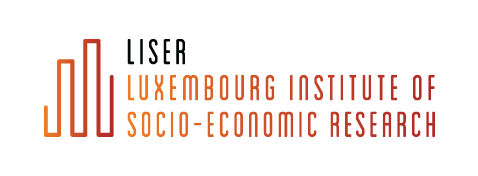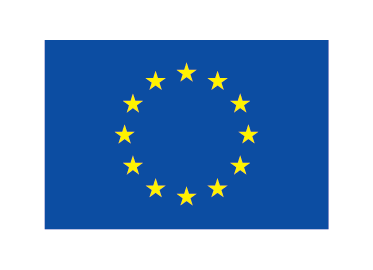Context: The Gender Pension Gap (henceforth GPG) is measured as one minus the ratio of the average pensions of women and men. GPGs are the result of the fact that women participate less in the labor market compared to men, and, if at work, work fewer hours and earn lower wages. However, GPGs can be reduced by the redistributive elements embedded in pension systems. Lack of awareness by women of the consequences of labor market decisions on the future pension may be an important reason for the continued existence of the GPG.
Objectives and activities:
1. Use standard simulation techniques to show the consequences of labour market decisions on the future pension benefit of women.
2. Use microsimulation techniques to show the impact of various factors on the GPGs and the adequacy of women’s pensions.
3. Assess the psychological aspects of labour market decisions through survey and experiment. It will study comparative optimism in the expected pension and how this might affect labour market behaviour, as well as communication issues and framing effects.
Through providing information on relations between participation rates of women and the gender pension gap, root causes of GPG’s and the consequences of labour market decisions on future pensions, including psychological aspects and possible framing effects, this study hopes to raise awareness on the current as well as expected future development of GPGs, and on how to tackle them among stakeholders and the public in general.
Expected results: The project should contribute to raised awareness among citizens (women and men) of the consequences of their employment decisions. Secondly, it should inform policy makers and other stakeholders about
the impact of various labor market and pension system characteristics on existing and future GPGs.
Deliverables include publications accessible to a wide audience, presentations, a conference and a dedicated website.
Target groups: Stakeholders of policy makers and other organizations have been involved in the project, in each participating Member State. Through these, the results will be made accessible to all citizens. In order to maximise impact and usefulness of the results, the participants in this project have established relations with national public bodies on gender equality and GPGs. For example, the Belgian project leader has agreed with the Institute for the Equality between Men and Women (who gave us our mandate as project leader), as well as with the National Women’s Council. We agreed to setup a steering group with them, maintaining regular contact and taking into account their comments and reflections. Furthermore, we have a joint letter of support from both the Luxembourg minister
for Equal opportunities and the Minister of Social security. Also, informal contacts have been established with the Ministry of Social affairs of Liechtenstein and with the Slovenian Ministry of Labour, Family, Social Affairs and Equal Opportunities. Besides maintaining close contact with the separate national authorities on gender equality and gender issues that mandated the various partners in this project, The Participants in this project are committed to identify and further engage with a supporting stakeholder organizations in each participating Member State. This will ensure that the results will continue to be disseminated and updated after the end of the project.
Countries in this network are selected on the basis of a model being available, and/or on the basis of their “GPG profiles”. GPG’s are on the rise in Belgium and Portugal, while they are decreasing in Luxembourg. Why is that? Furthermore, even though the earnings gap in Slovenia is comparably low, but the poverty risk among women in retirement is very high. In Liechtenstein, finally, the GPG is slightly below the European average, and the result of the weighted average of benefits from various pillars.

